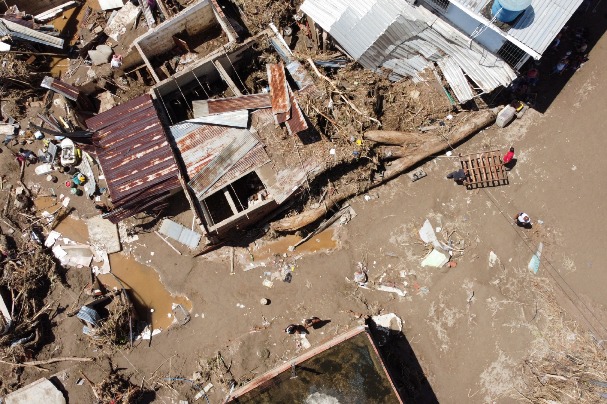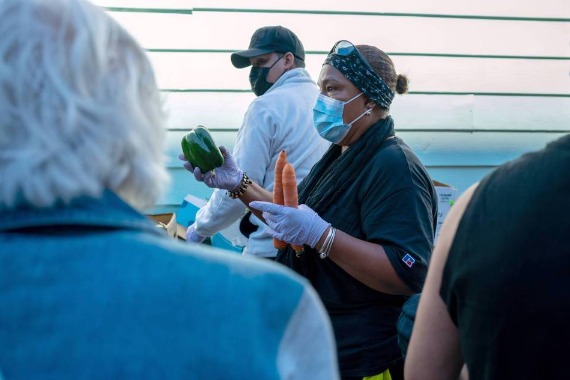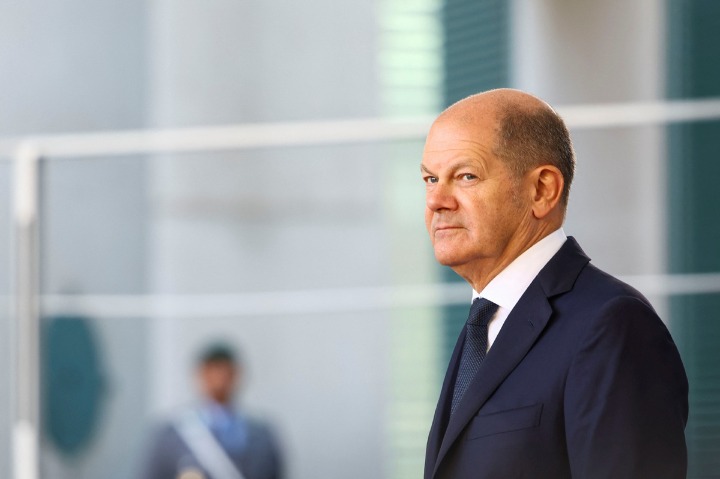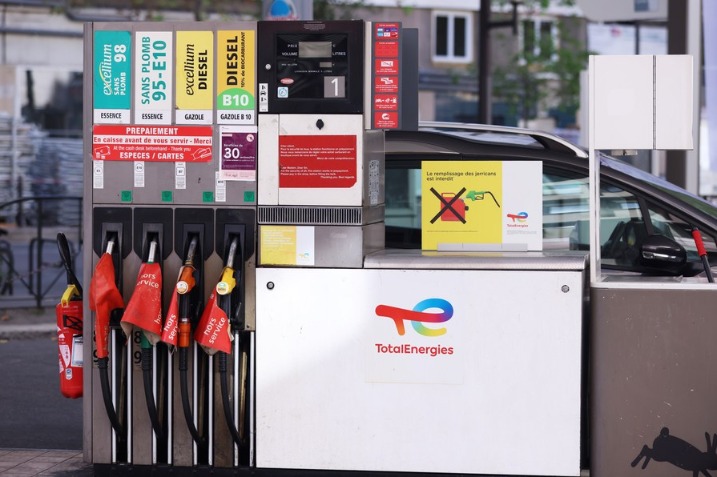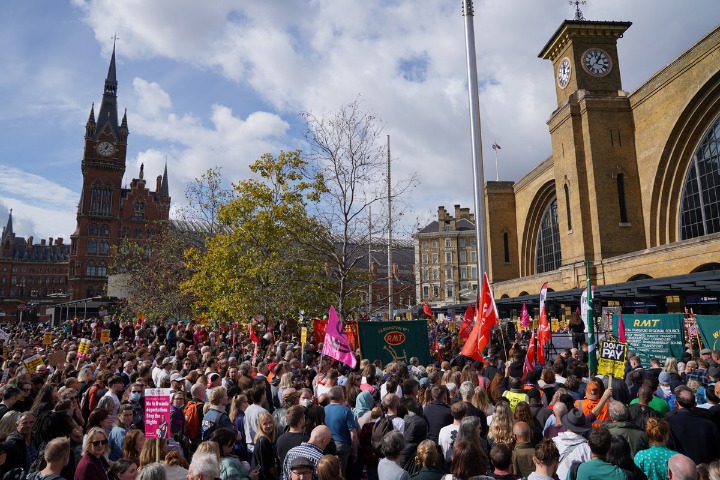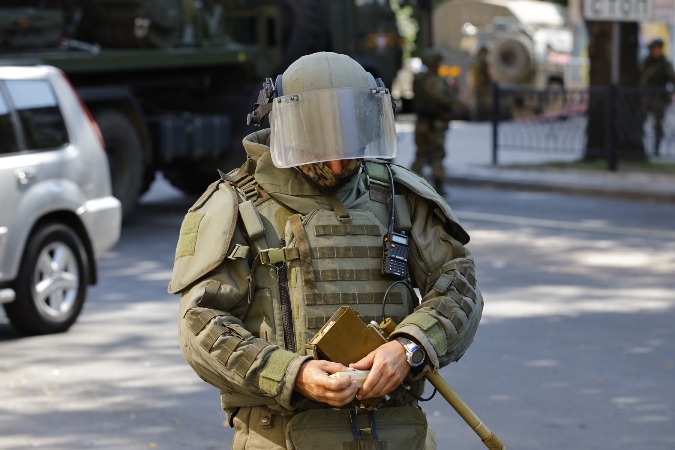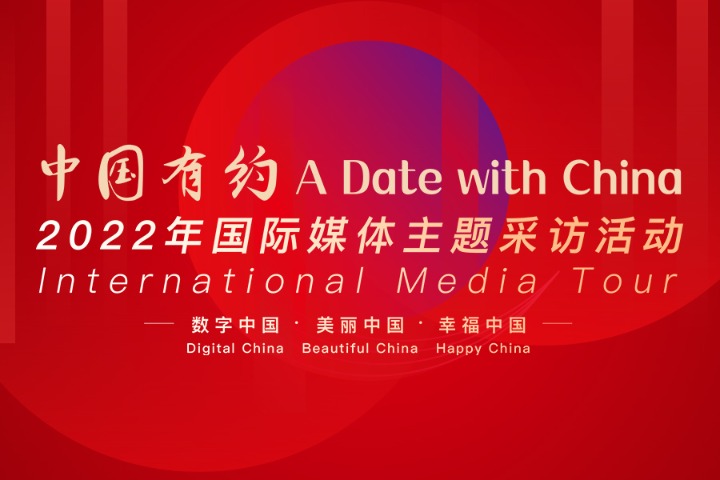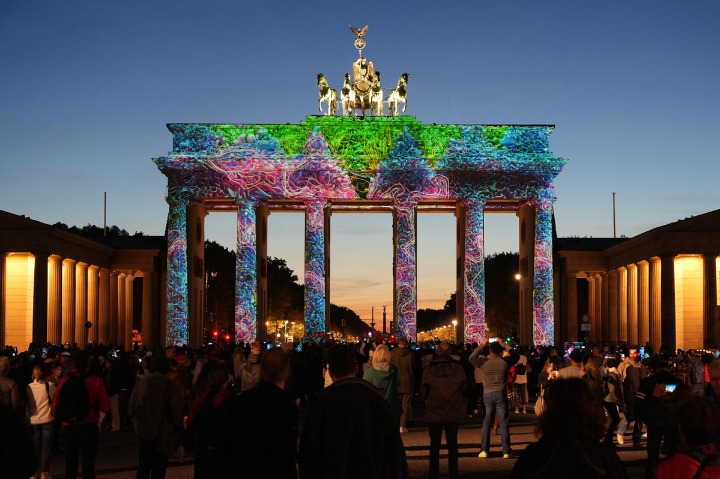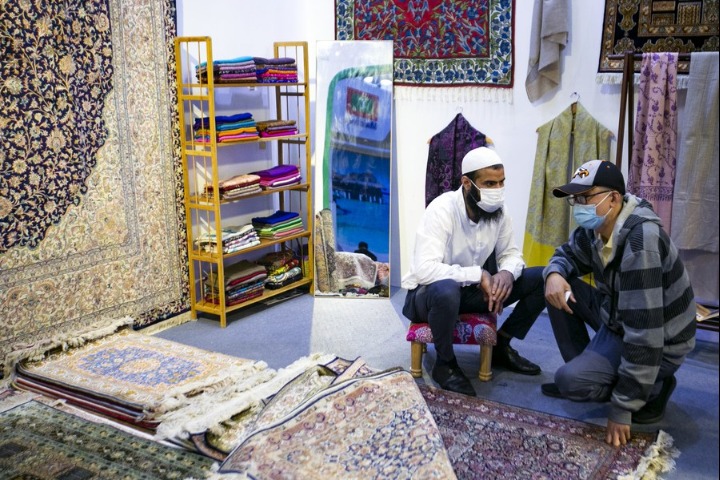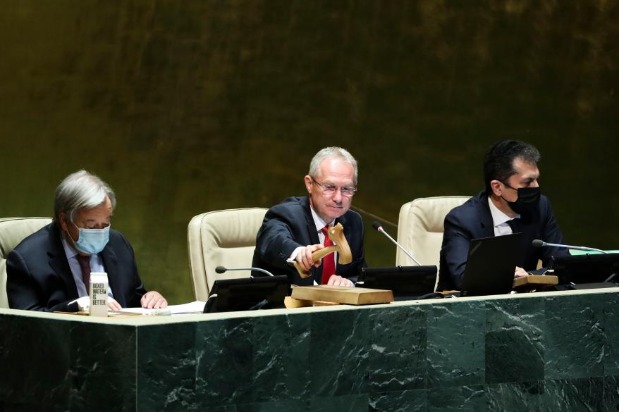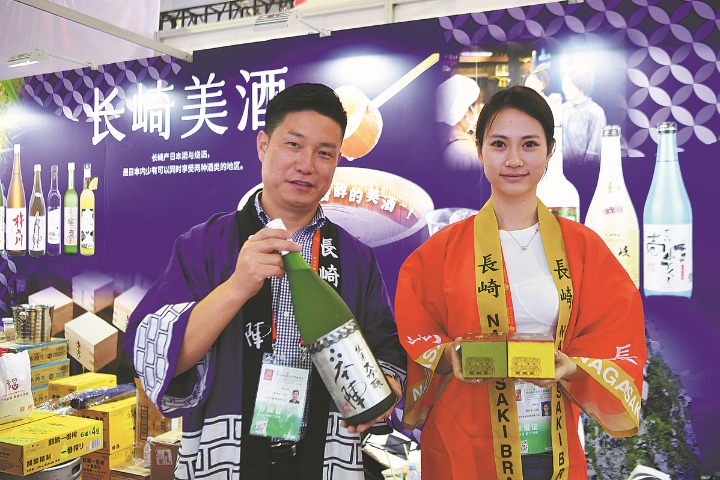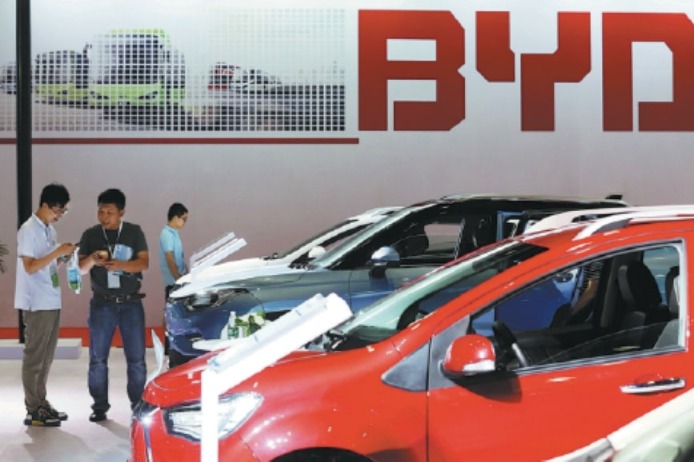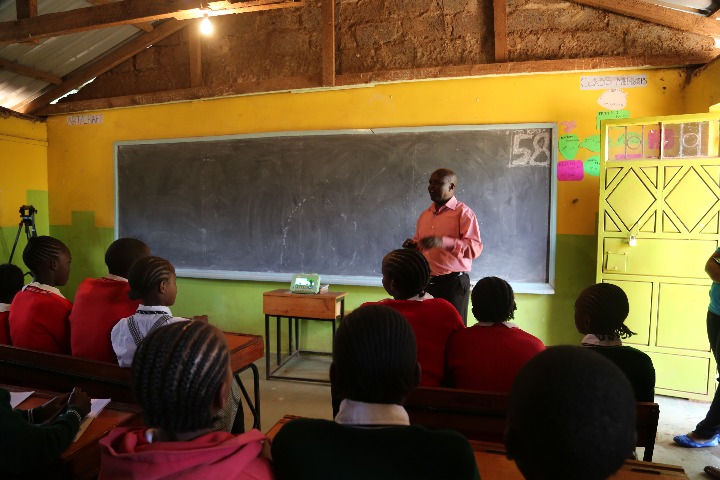It's time for Australia to reset its ties with China

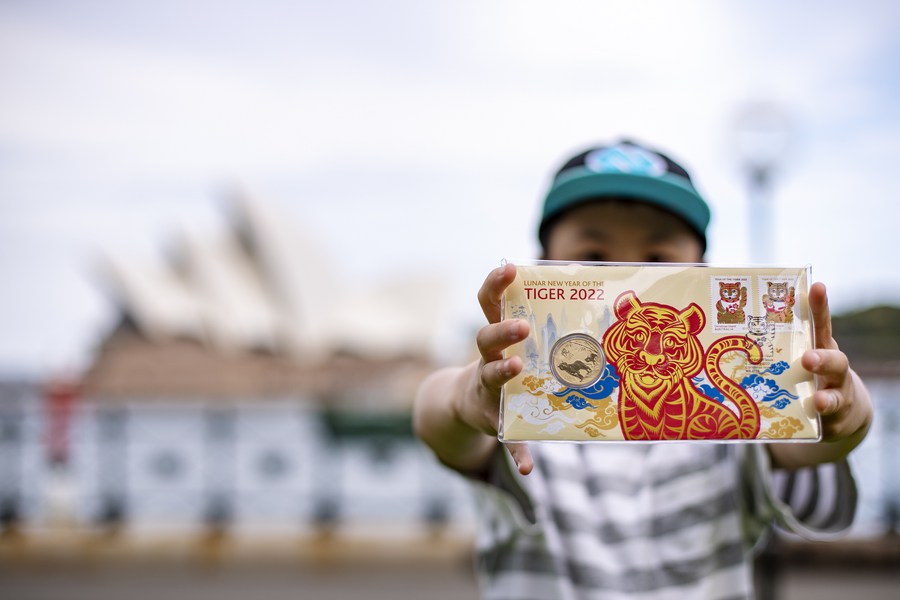
Australia has just gone through a profound political reckoning. The conservative alliance has just lost power after nine years at the helm of a ship that has lurched further to the right, allowed itself to be blown off the course of sensible diplomacy and engagement with China, and allowed it to head toward the dangerous rocks of lost self-interest, weakened trade and damaged prospects in the Asia-Pacific.
As the political winds blew cold in the sails, the rhetoric and biased world views came to the fore to stoke mistrust and damage opportunities for dialogue, understanding and progress in the region. It is raw politics of the worst kind, and forget the little people whose livelihoods and opportunities have been snatched away.
No one is winning here. Business (and personal) relationships, sometimes decades in the making, were damaged, sometimes beyond repair.
However, Australians are a real "can do" people, so repair, reevaluation and reorientation are always possible, and they are not scared to try new things and not too proud to change tack. The relative physical isolation from the old powers engenders a boldness and self-reliance that is as refreshing as it is exciting.
In the 21st century, Australians are also increasingly globally connected, culturally diverse, cosmopolitan in outlook and more caring about the environment, climate change and the future. This much is clear from the generational change evident in the recent Australian general election. Furthermore, as voting is compulsory and the system of transferable votes is enacted, people really own the result.
There was a remarkable groundswell of desire for change with the old way of thinking, which was considered stale and no longer fit for the purpose. There is a strong, palpable need to not just heal the injustices of the past and give a greater recognition and respect to the indigenous peoples, but to heal the land itself.
Australia is particularly prone to drought, flood and fire, and over the past few years these have all broken records that have perhaps stood for centuries. The people, not the politicians, appreciated this unnerving new reality and saw the self-evident nature that unfettered human activity is having. As a consequence, they have voted for a main party that is more committed to doing something about it.
People want to heal their land and the planet and are increasingly impatient about enacting the change that will help facilitate this. People voted to be more reasonable, pragmatic, less dogmatic politically and less confrontational.
Healing needs recognition of the wounds and their causes. Healing in a broader sense also needs to proceed with the cooperation of nation states that can make a collective difference. Indeed, we are all so interconnected and interdependent now that we cannot carry on as before with impunity without regard to the actions we may take locally that affect others outside our borders. This is as true for our contributions to CO2 emissions as it is for trade.
There is hope, therefore, that healing of mutually beneficial trading relationships with erstwhile friends and neighbors is now possible. This is very much needed and overdue if we are to resurrect some of our former most vibrant trading relations.
The change of government in Australia therefore gives a wonderful opportunity to reset the relationship with China and place it on a more mature and less reactionary footing. A relationship based on mutual respect and the recognition that there is no "one size fits all" for how to run a country properly, but that each should respect the other and each has the right to chart its own path, are needed. This should not lead to confrontation.
These paths may run parallel at times and may also cross-sometimes we may even choose to walk the same path together. In any event, these paths may be at a new crossroads, and which direction the travelers choose may affect millions of lives for years to come. They must never be politicized or instigated by a third country.
A more positive mindset for better engagement is possible from all sides globally. The COVID-19 pandemic, the war in Ukraine and the climate emergency should give every side the motivation, opportunity and pretext to look to reset relationships in a better, more constructive and less adversarial way for the future.
The author is a professor on the faculty of science at the University of Hong Kong and the director of its Laboratory for Space Research.
















